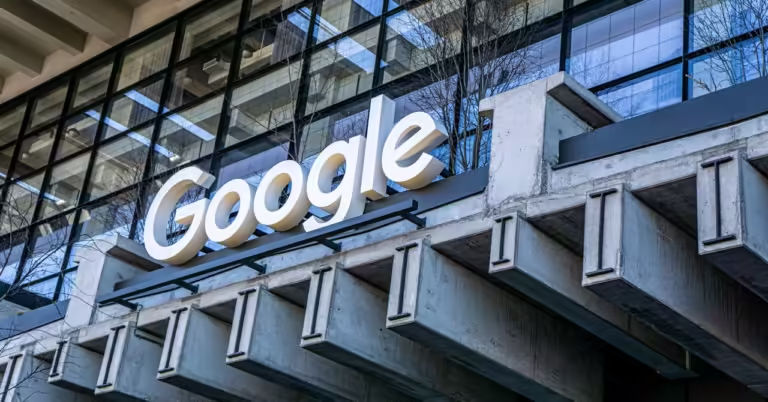Google is now 2-0 in its antitrust case, after U.S. District Judge Amit Mehta ruled on Monday that the company used anticompetitive deals to thwart rivals and illegally maintain its dominance in search.
The ruling follows weeks of trial in Mehta’s Washington DC trial last year, in which the Justice Department argued that Google became the world’s most used search engine by paying partners such as Apple and Samsung to advertise on their devices and software. Google argued that its success was due to offering the best service and that it faced stiff competition from companies such as Microsoft.
Mehta sided with Google on some issues but generally rejected the company’s claims that it had engaged in any illegal monopoly. Last year, a jury in federal court in San Francisco ruled that Google’s Play app store was an illegal monopoly.
It’s still to be determined how Google might have to adjust its business in the wake of the San Francisco and Washington rulings — Judge Mehta is set to hold a separate trial to decide remedies in the search case, and the judge is considering a proposed penalty in the Play case — but some of the changes Google has made in recent years in response to antitrust scrutiny have come at a cost.
Google and the Justice Department did not immediately respond to requests for comment Monday.
The cases Mehta is handling stem from increased scrutiny of the tech industry under then-President Donald Trump. The Justice Department sued Google in 2020, before Trump left office, in what was the first of several trials against major tech companies.
This is a developing story, please check back for updates.

